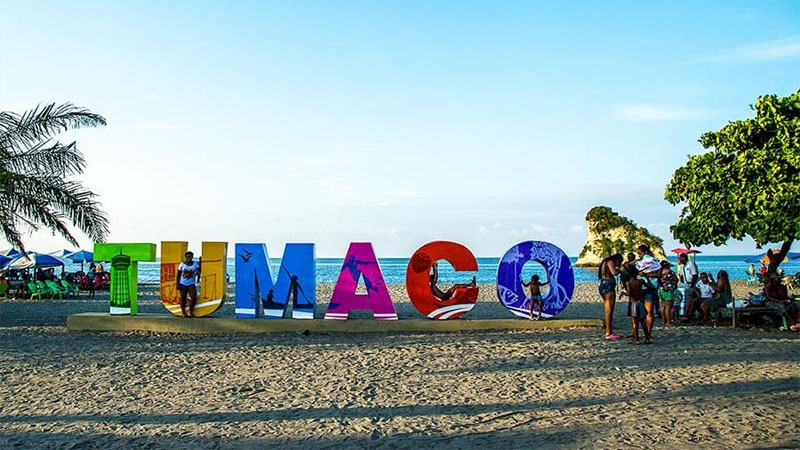Exclusive content

Tumaco, a key player in the aquaculture and fishing sectors in Colombia, has achieved a milestone by becoming part of the Global Market Access Program. This initiative, spearheaded by the Ministry of Commerce, Industry and Tourism, Colombia Productiva, Onudi, and Norad, has brought EUR 2 million in international collaboration to enhance the quality and standards of shrimp produced in the region.
Program Overview
The Global Market Access Program is designed to provide technical assistance to Micro, Small, and Medium-sized Enterprises (MSMEs) along with seafood producers. By leveraging international cooperation resources, the program aims to facilitate compliance with rigorous international standards. The Minister of Commerce, Industry and Tourism, Germán Umaña, emphasizes the importance of this initiative in supporting sectors with vast potential for territorial development, such as Tumaco.
Impact on Employment and Economy
The aquaculture and fishing sectors in Colombia, particularly in Tumaco, play a pivotal role in job creation and economic development. The program has contributed to the generation of over 61,200 direct jobs and more than 183,000 indirect jobs nationwide. This initiative not only focuses on improving product standards but also aims to foster economic growth in regions like Tumaco.
Community Participation
A total of 173 families from Tumaco actively participated in the program, collectively forming at least 15 productive units dedicated to shrimp cultivation, production, and marketing. The collaboration has empowered these families to enhance their businesses and products, ensuring compliance with international quality standards.
Technical Assistance and Processing Plants
The Global Market Access Program has been instrumental in providing specialized technical assistance to the shrimp producers of Tumaco. Currently, three processing plants in the municipality benefit from this support, which covers various aspects of production. The assistance focuses on improving safety standards, water quality, disease control, traceability in the supply chain, and the overall well-being of workers and their families.
Improved Standards for Shrimp Production
Thanks to the program, the families in Tumaco have made strides in improving the standards of their shrimp production. Key areas addressed include safety measures, water quality management, disease control protocols, supply chain traceability, worker well-being, and adherence to good social and environmental practices. These improvements are essential for obtaining international certifications, enabling access to more markets, and subsequently boosting sales.